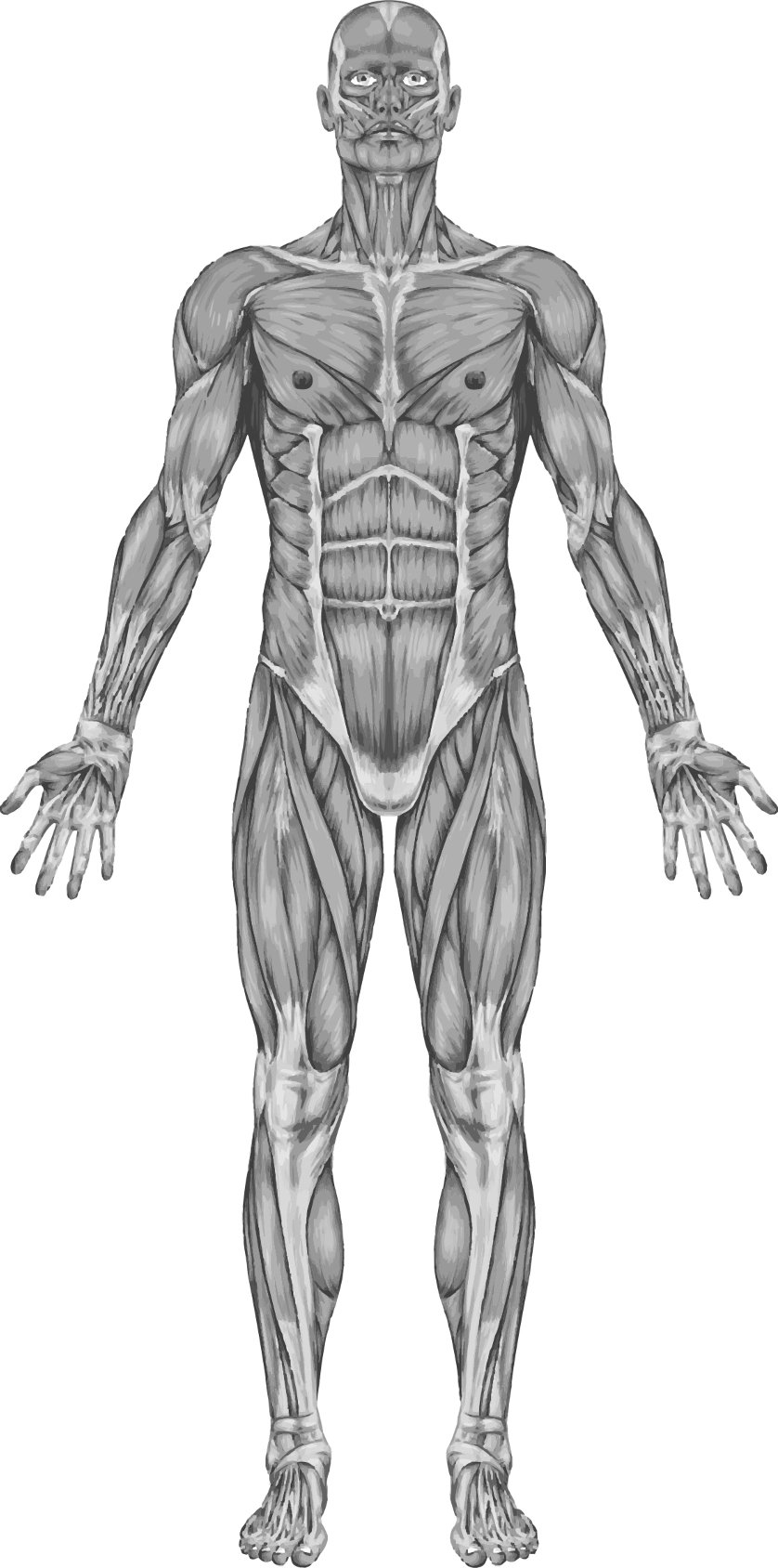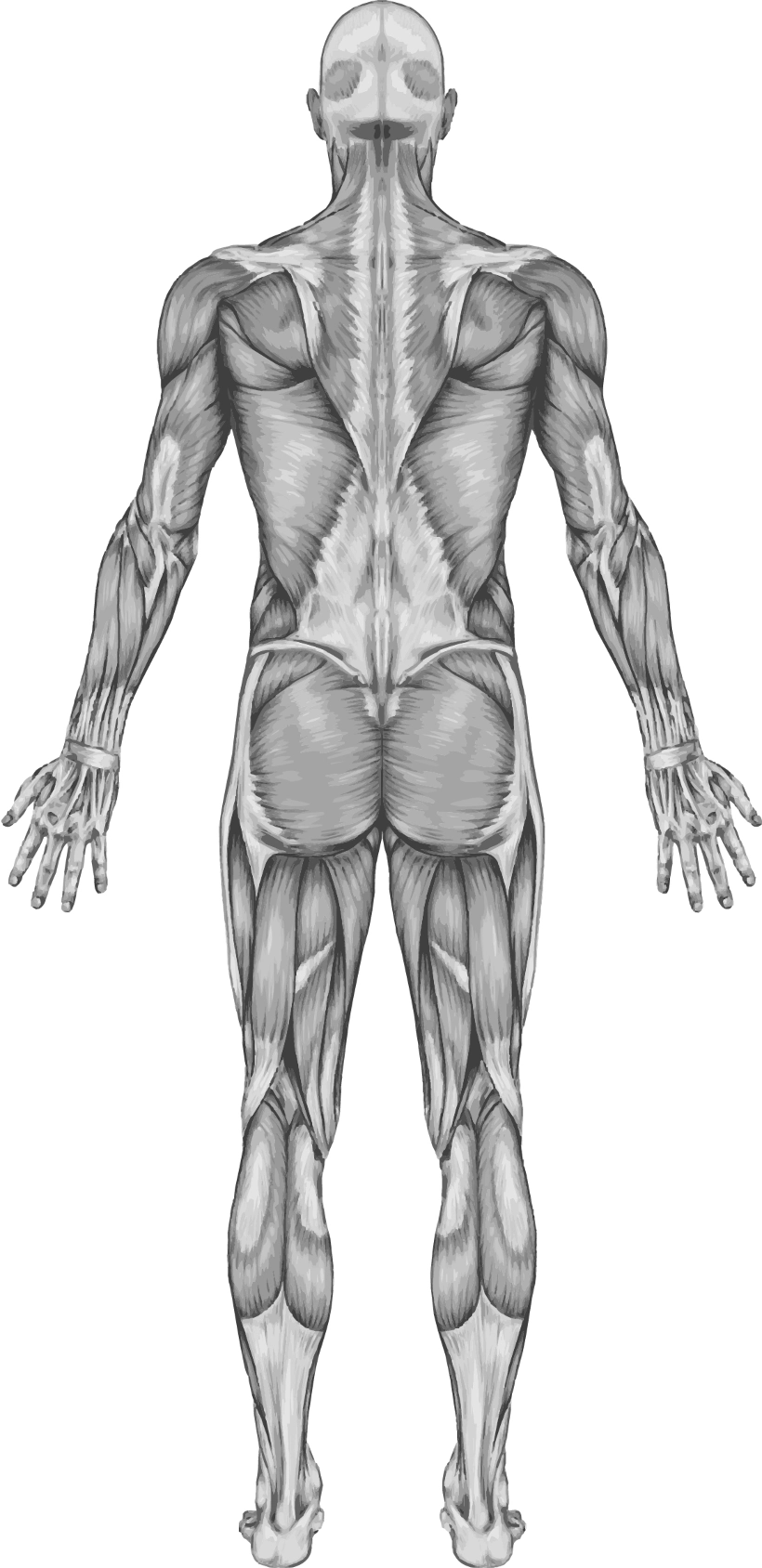We understand that choosing a new doctor can be a daunting task. At Utah Sports and Wellness, our licensed chiropractors combine considerable experience with state-of-the-art equipment and practices.
We strive to help you find freedom from pain as well as a lifestyle that revitalizes you. When you visit Utah Sports and Wellness, you and your chiropractor will work together to solve your problem in a way that you both agree is best for your health.
If you are in the Millcreek area, come check us out at 1550 East 3300 South.









